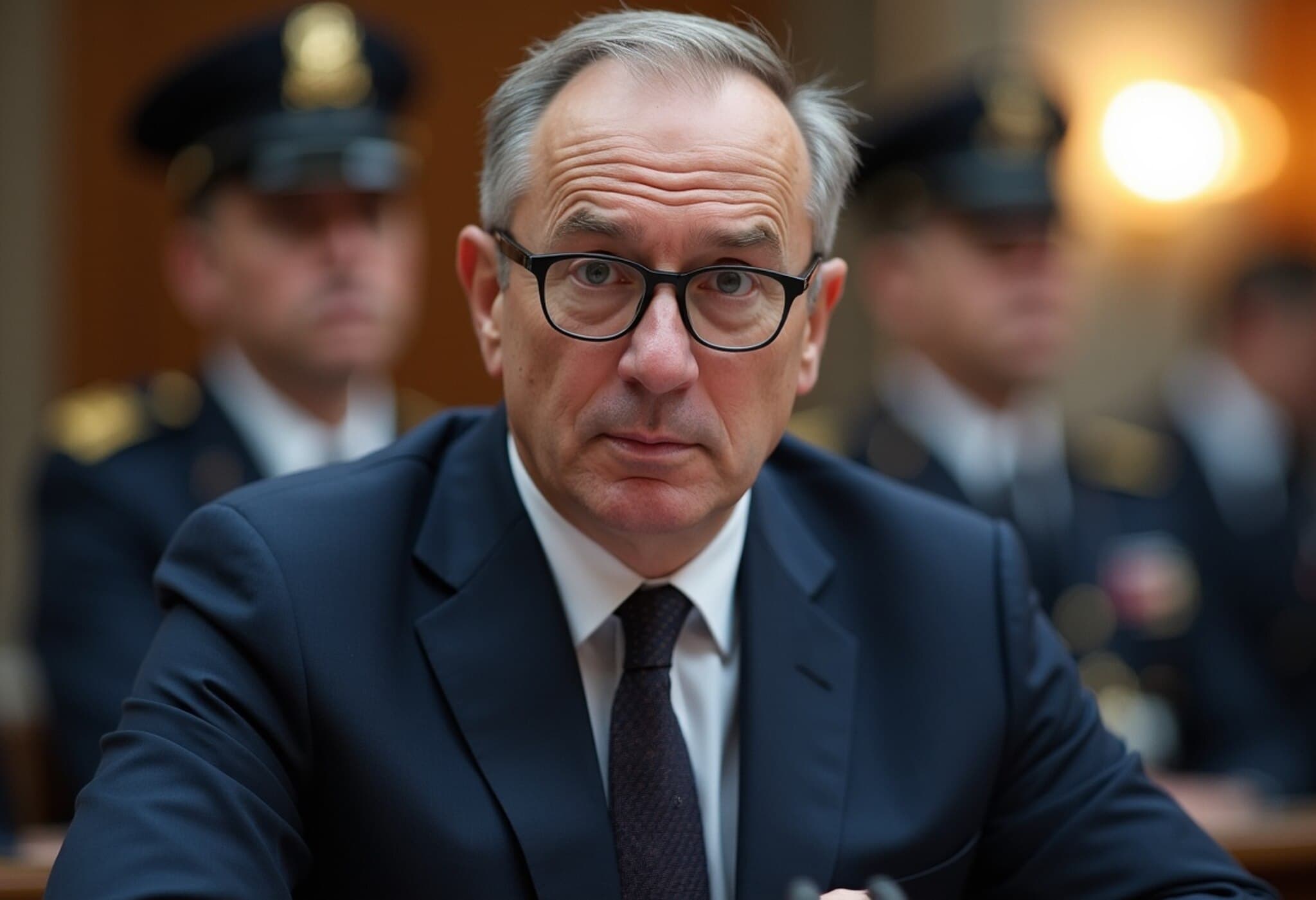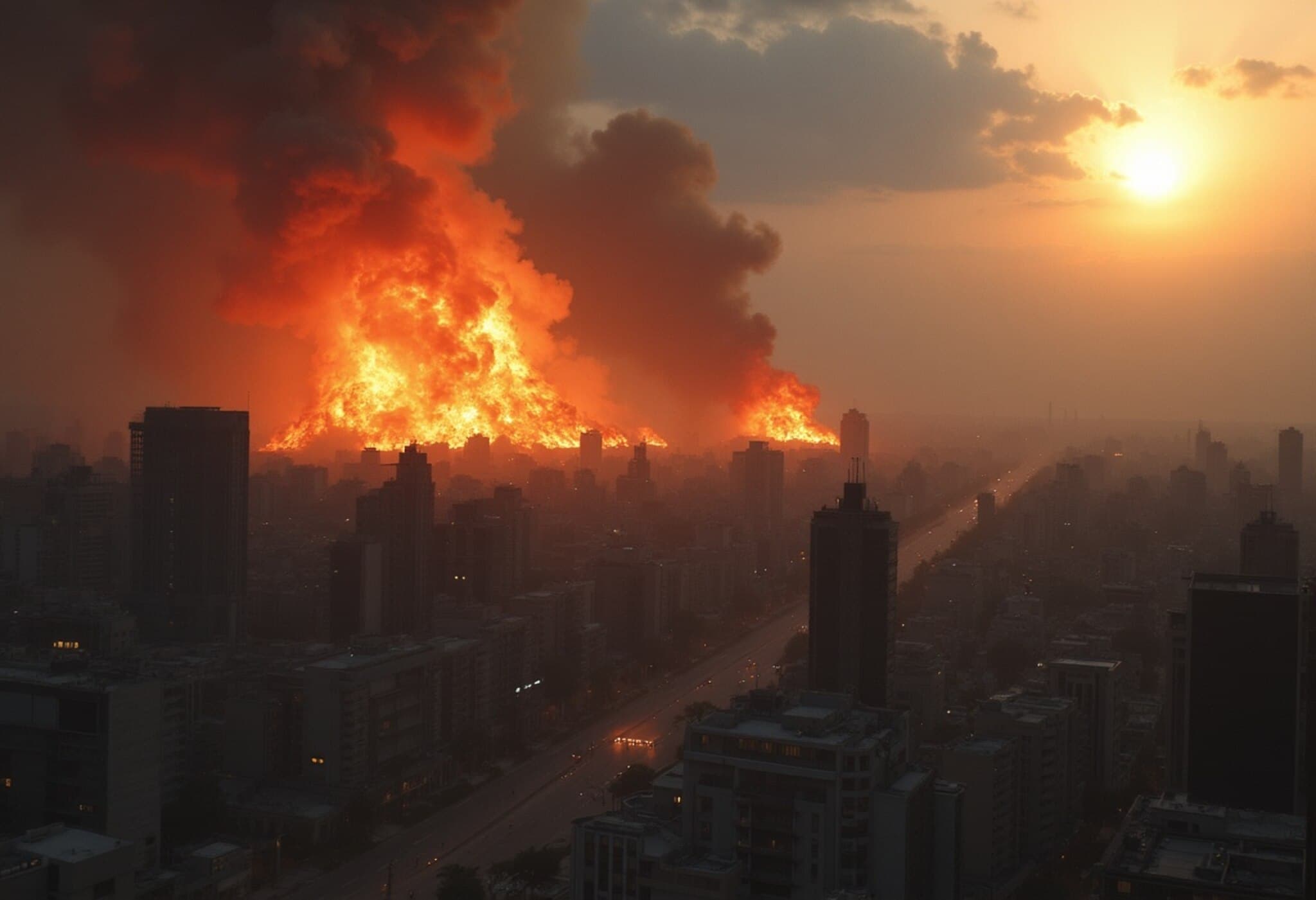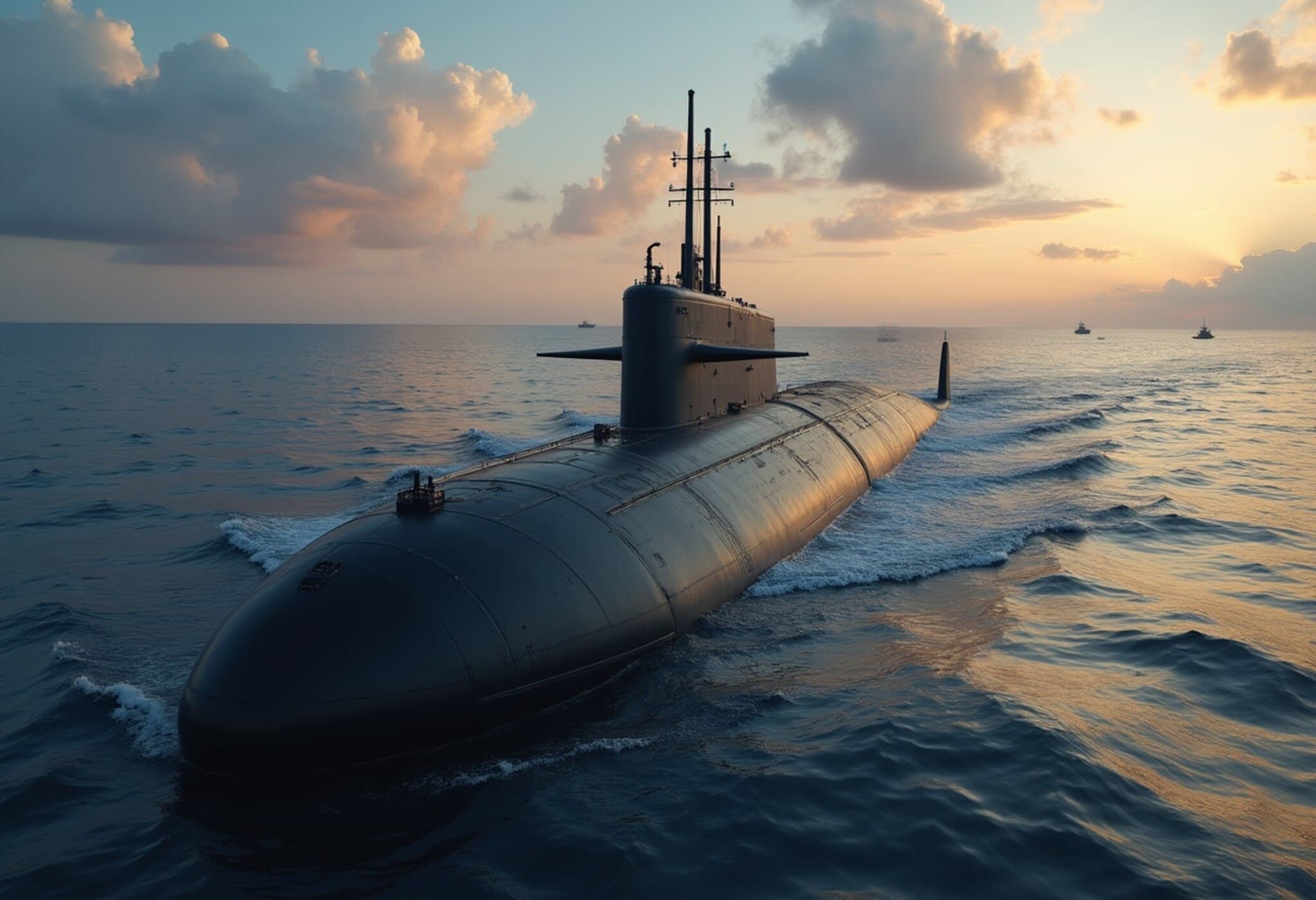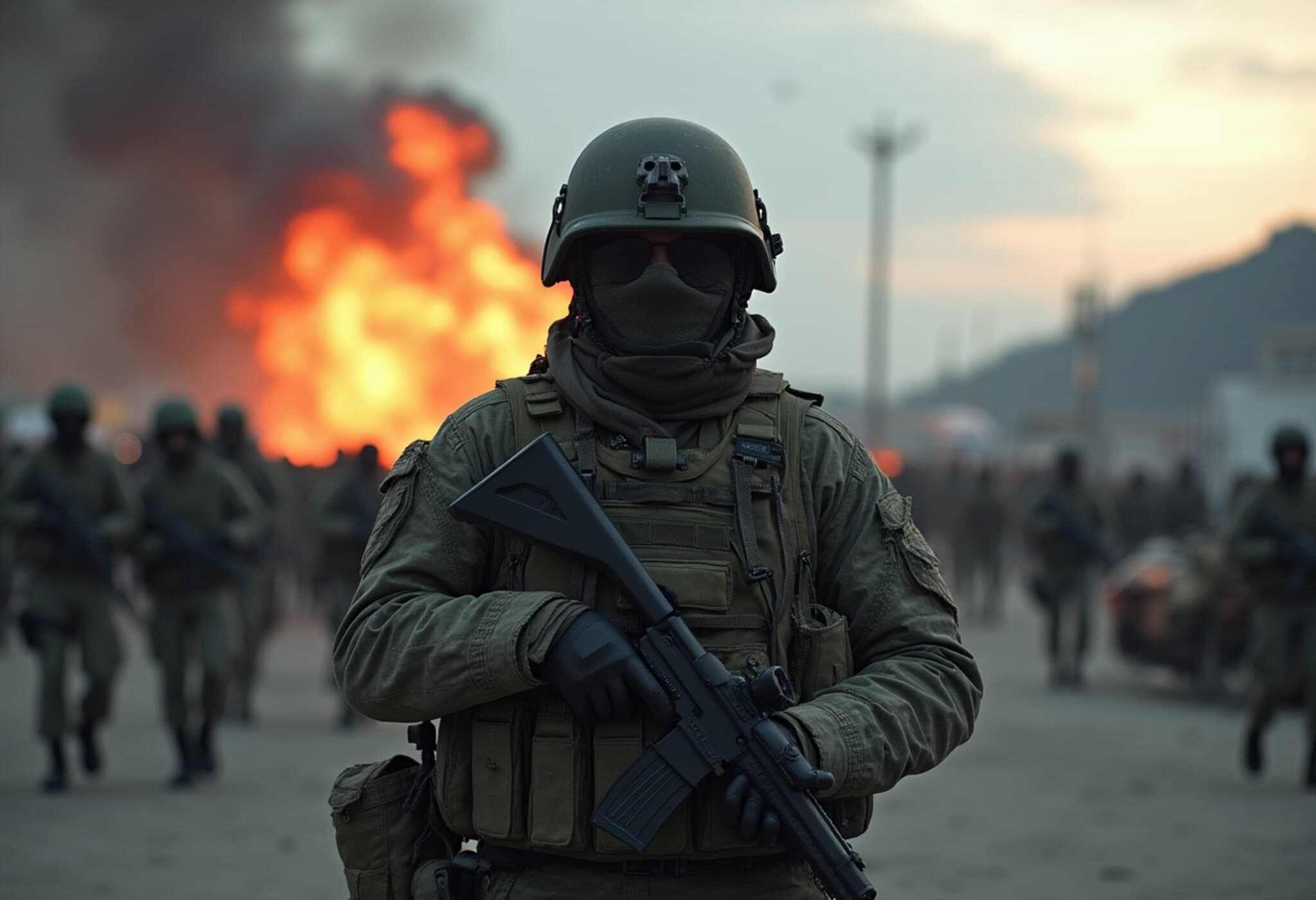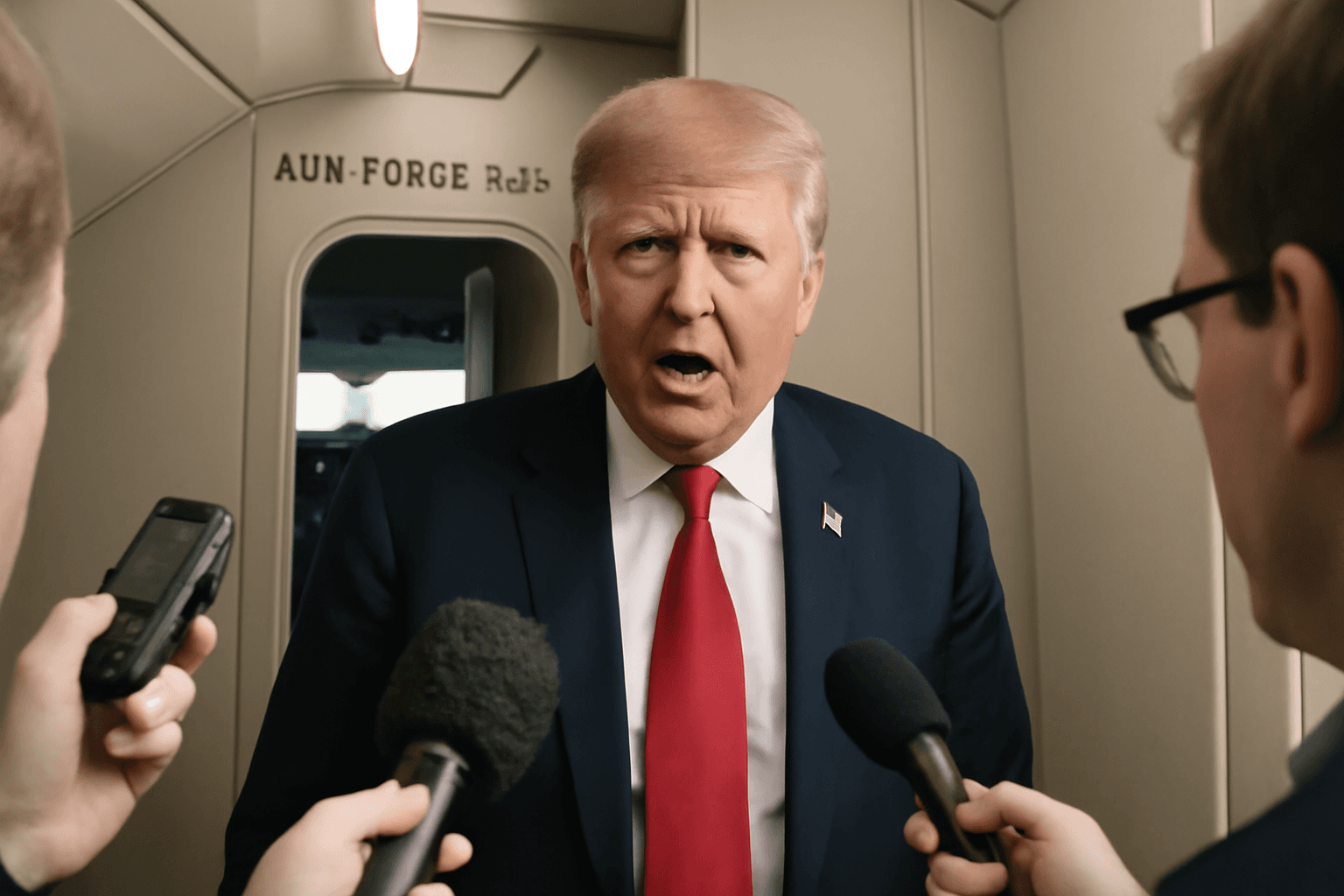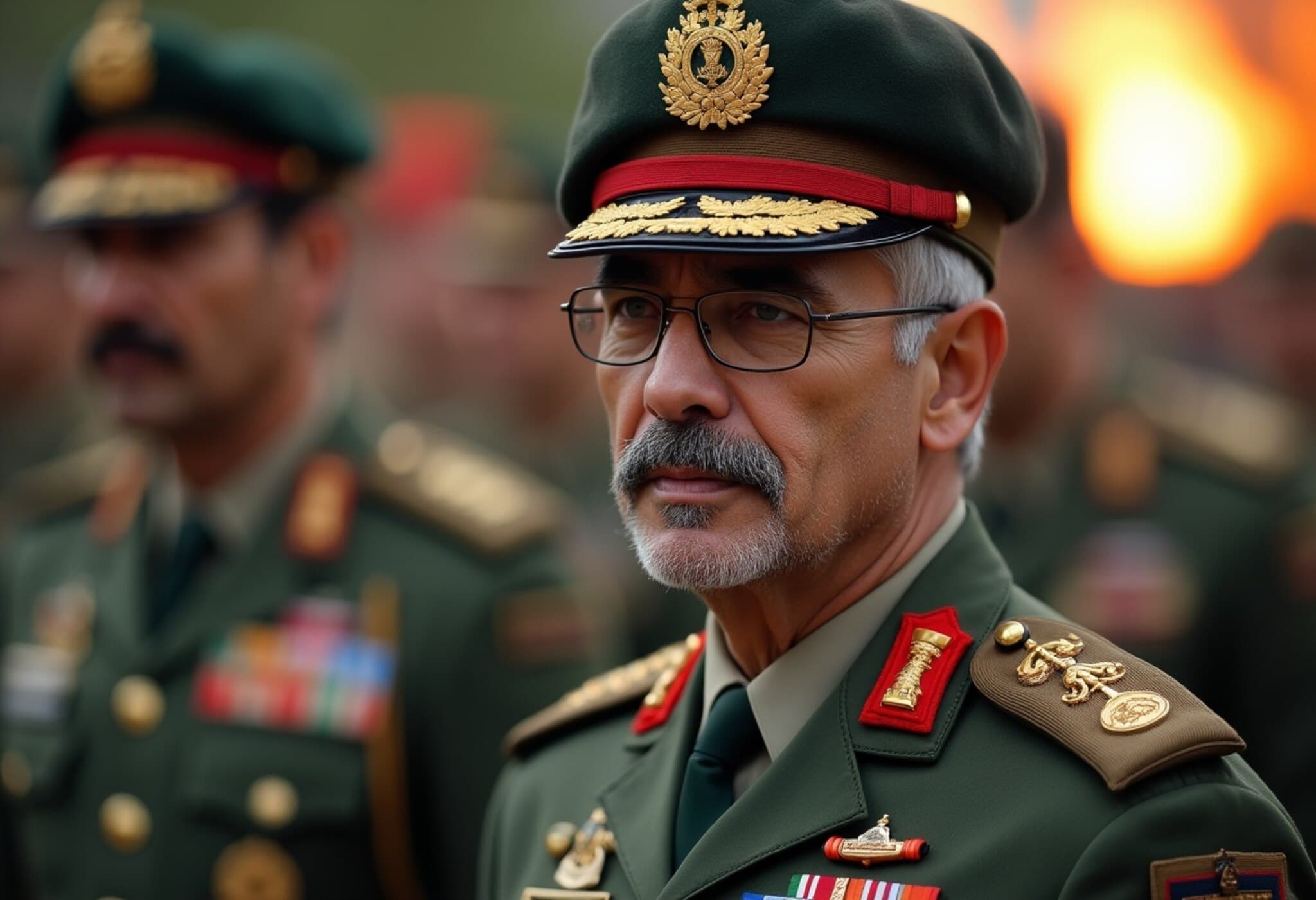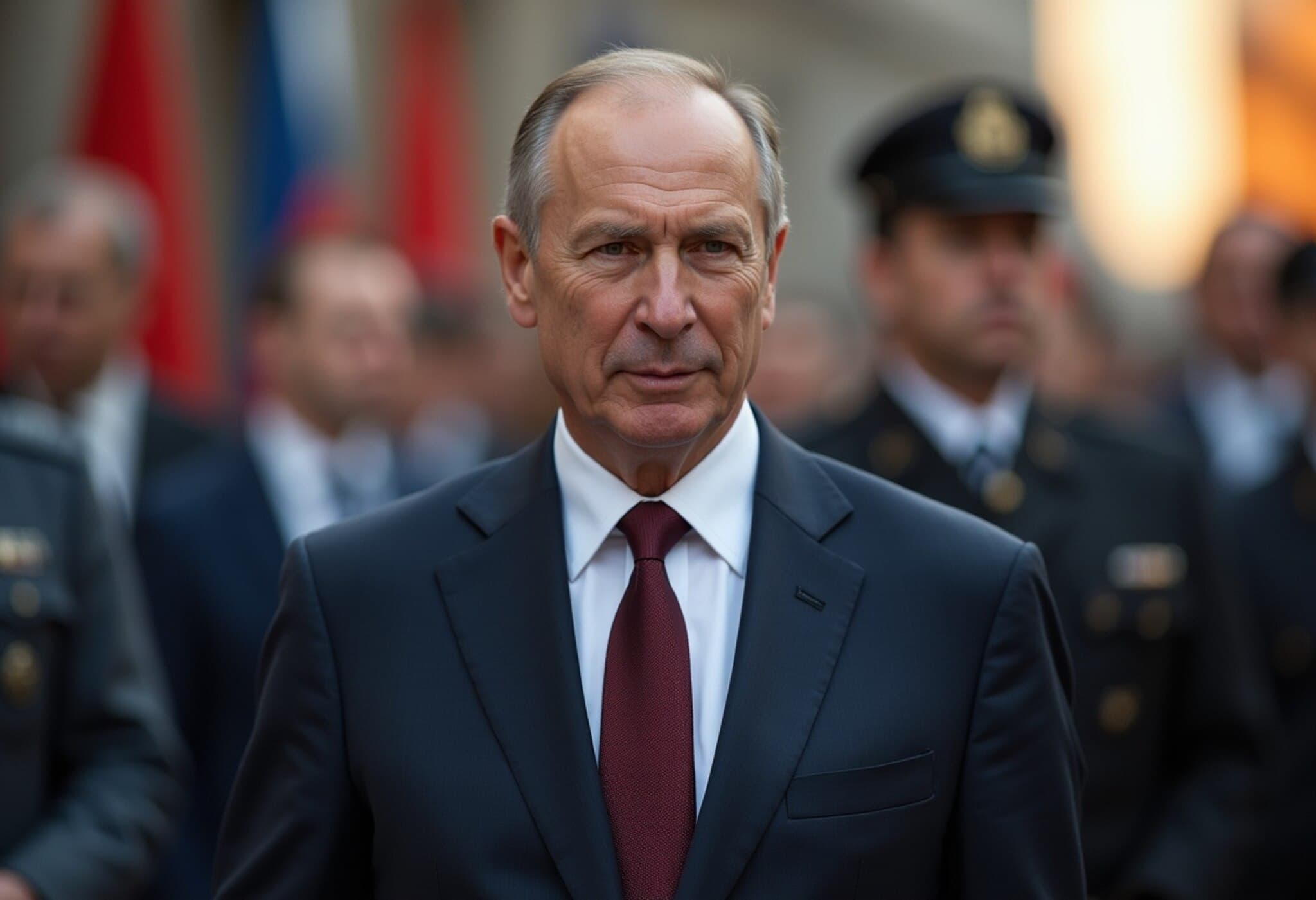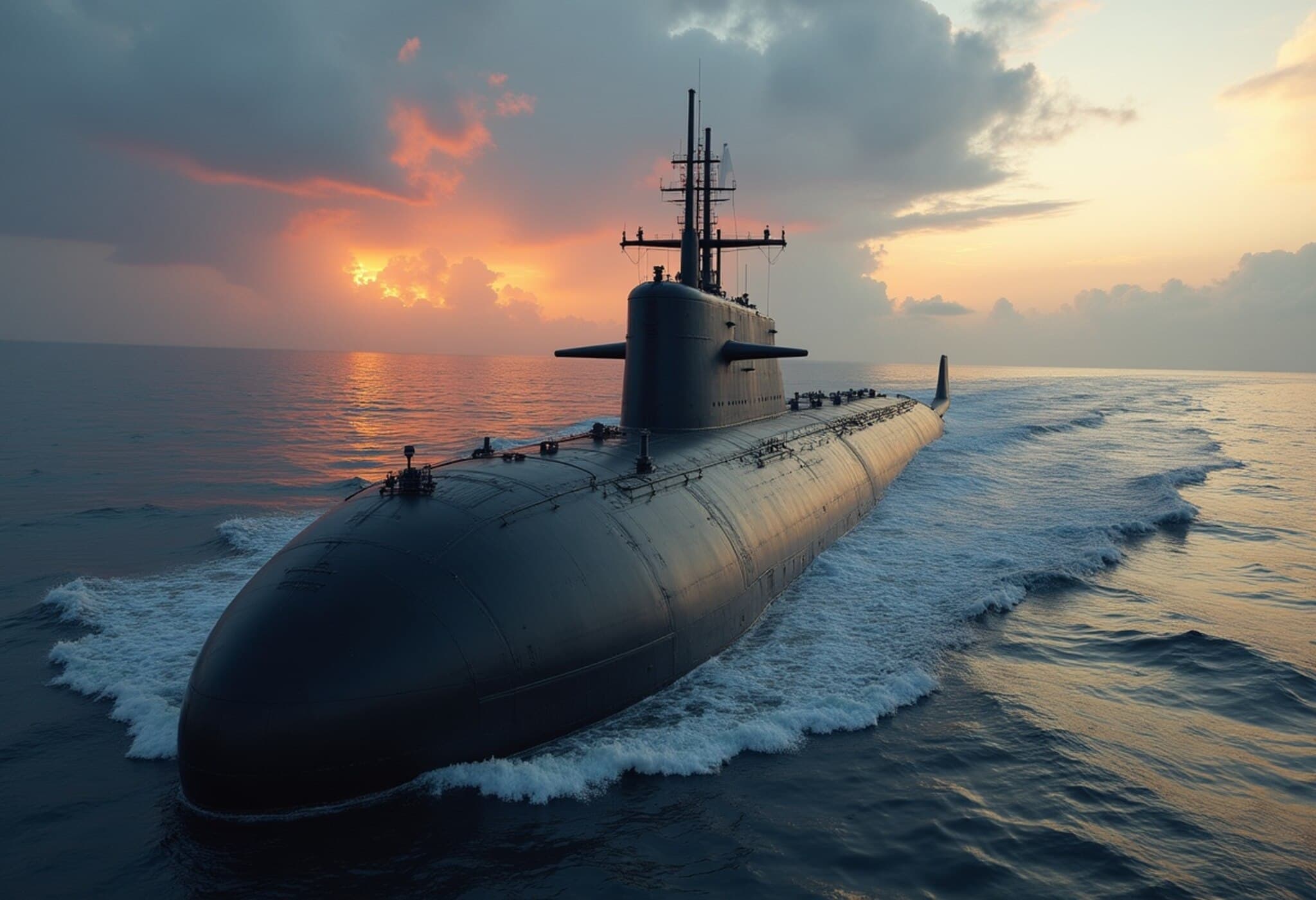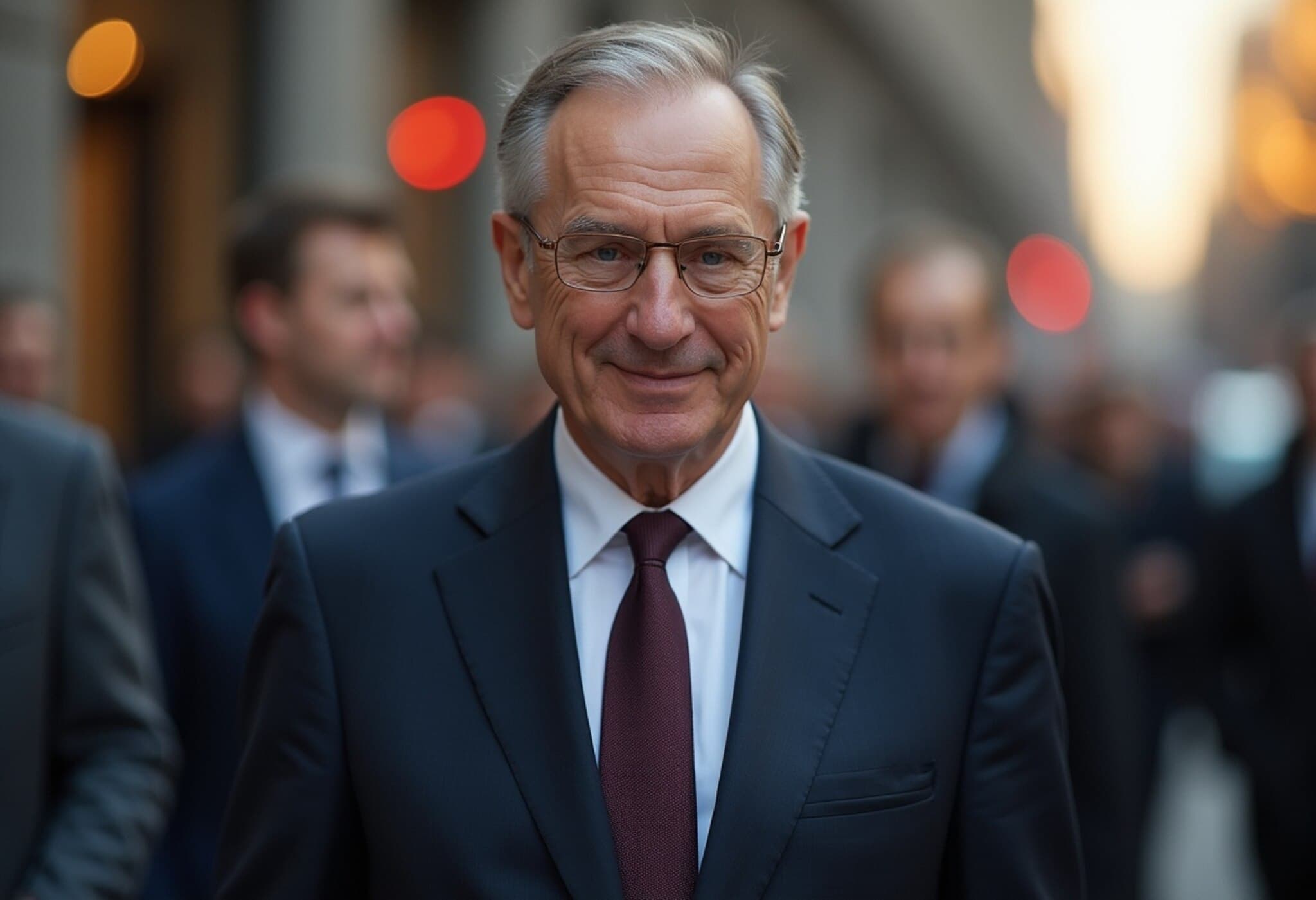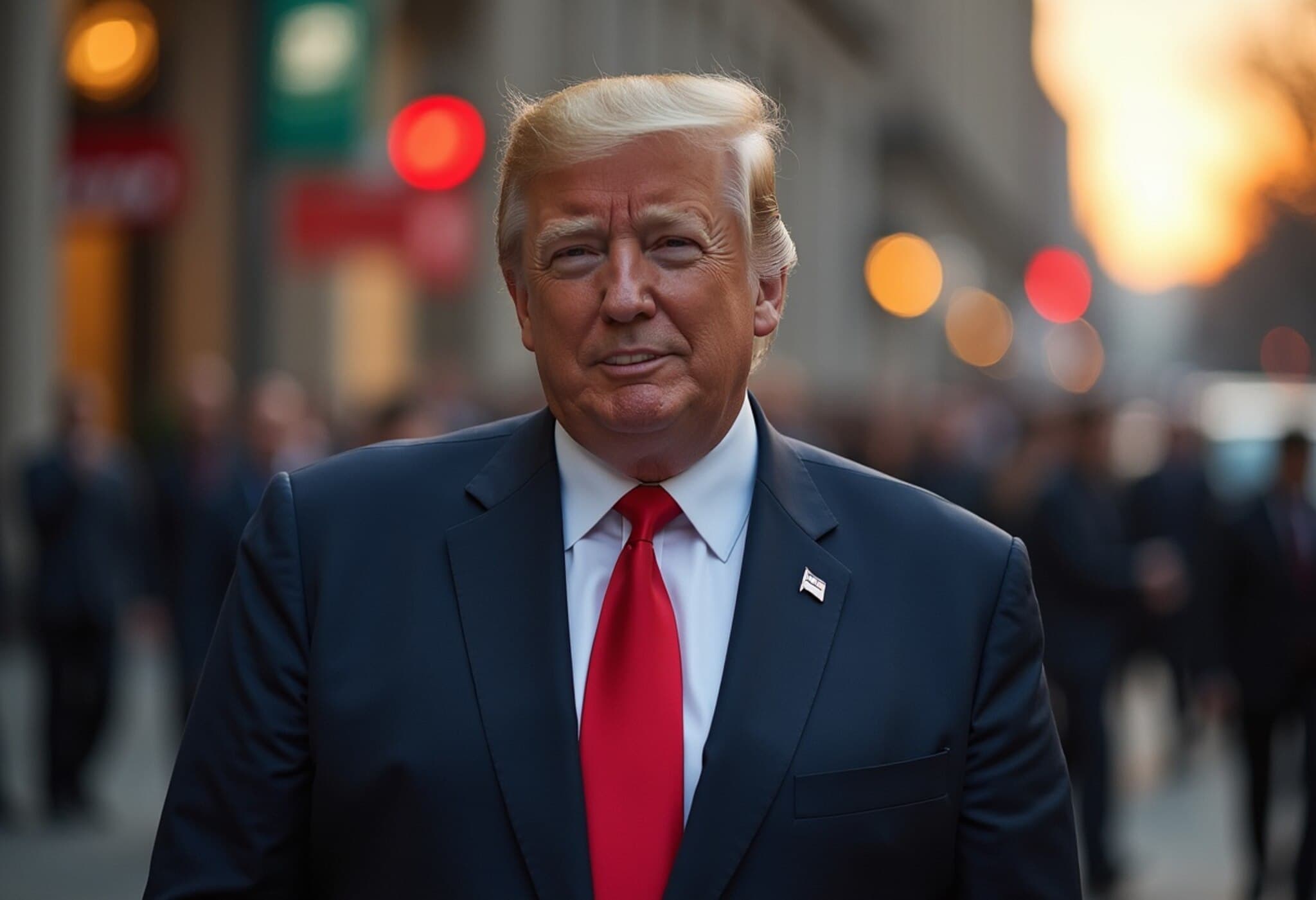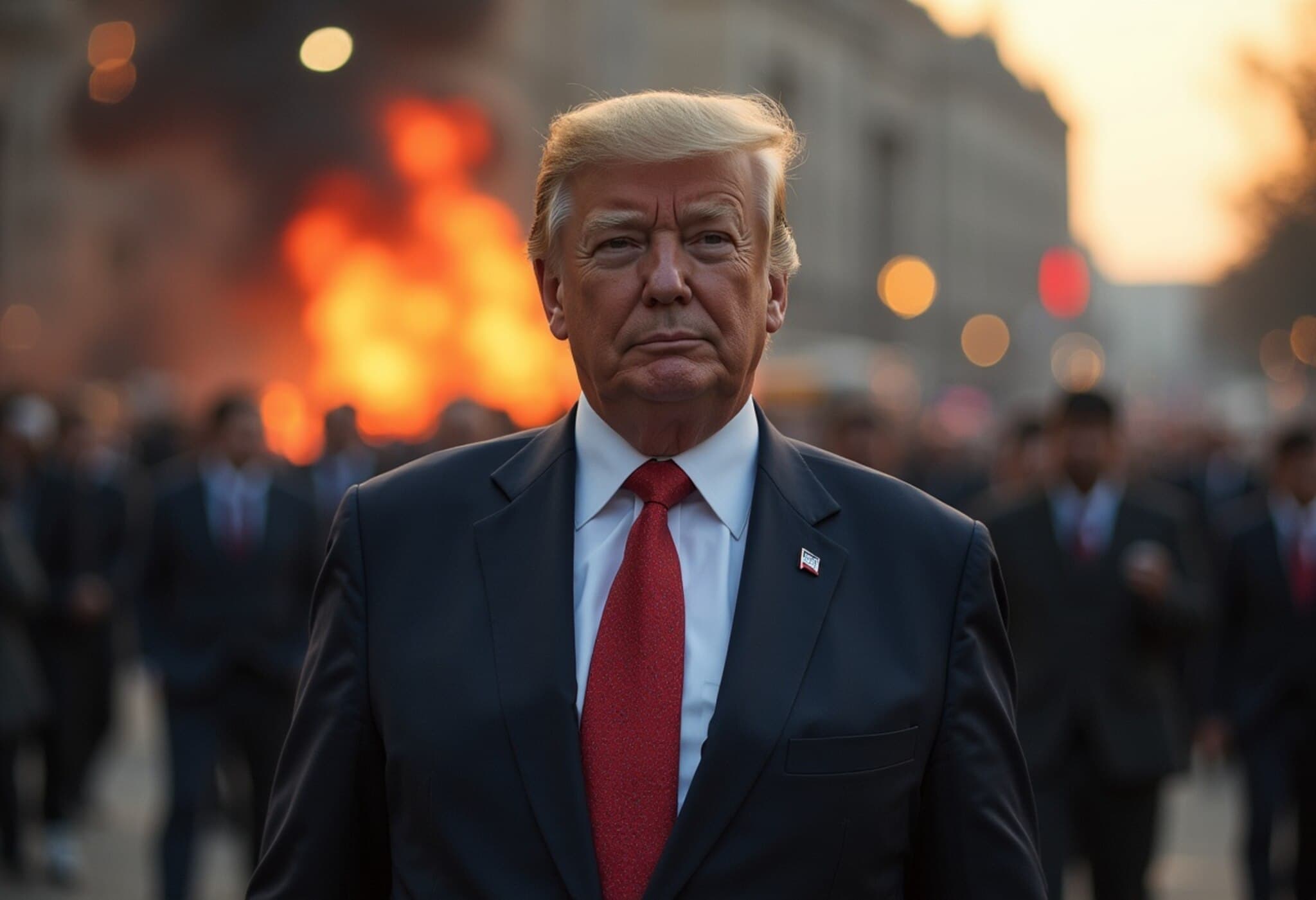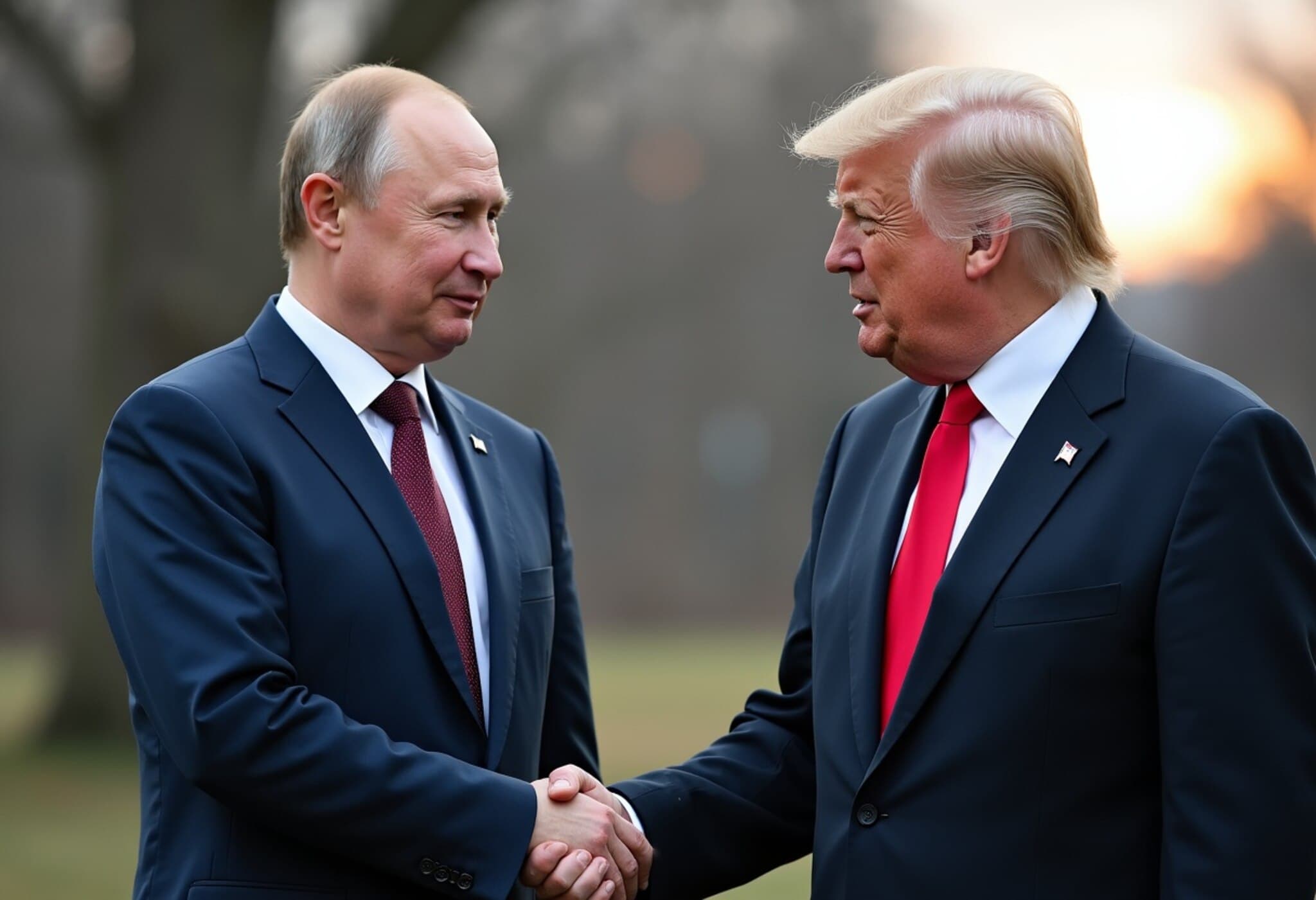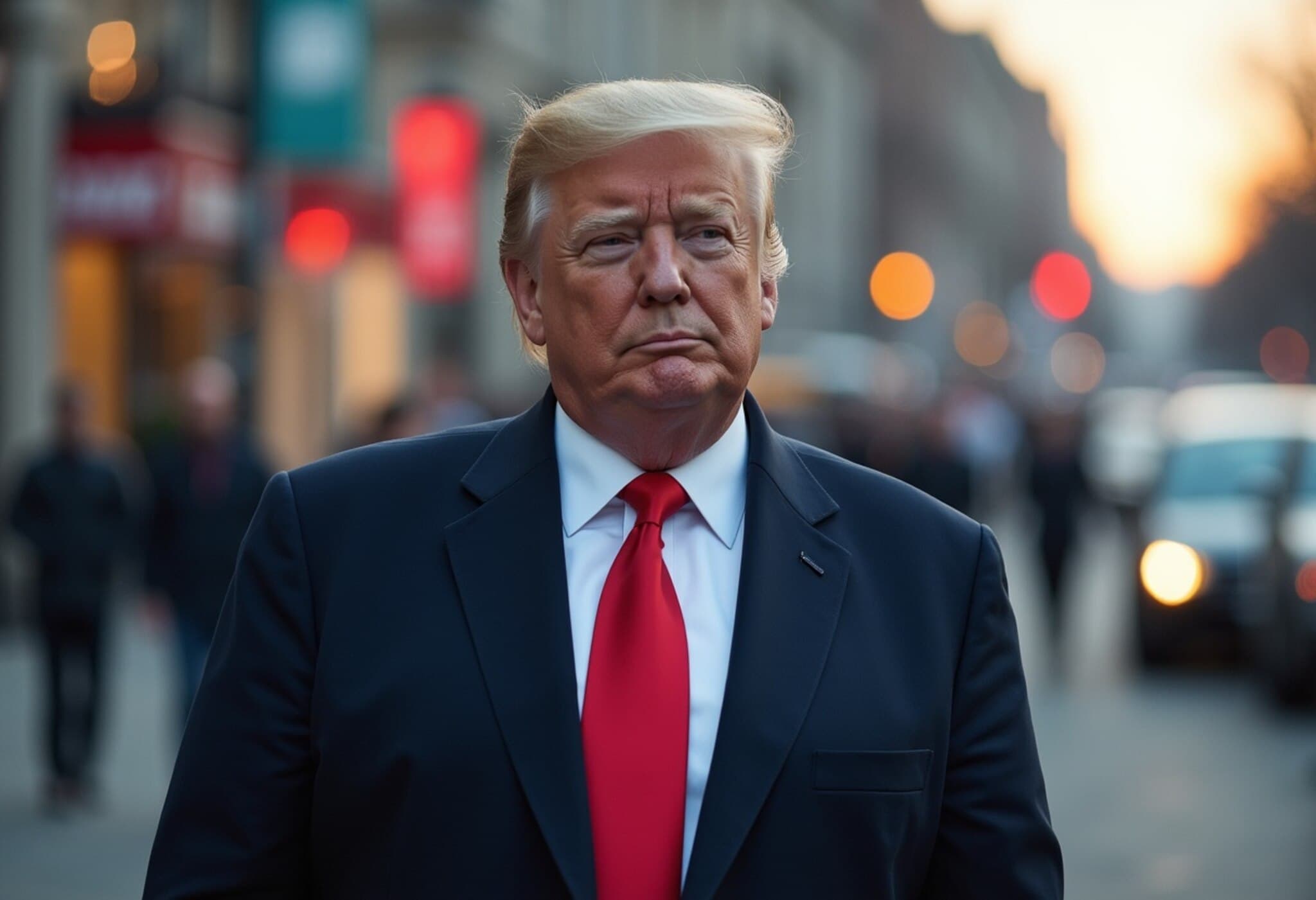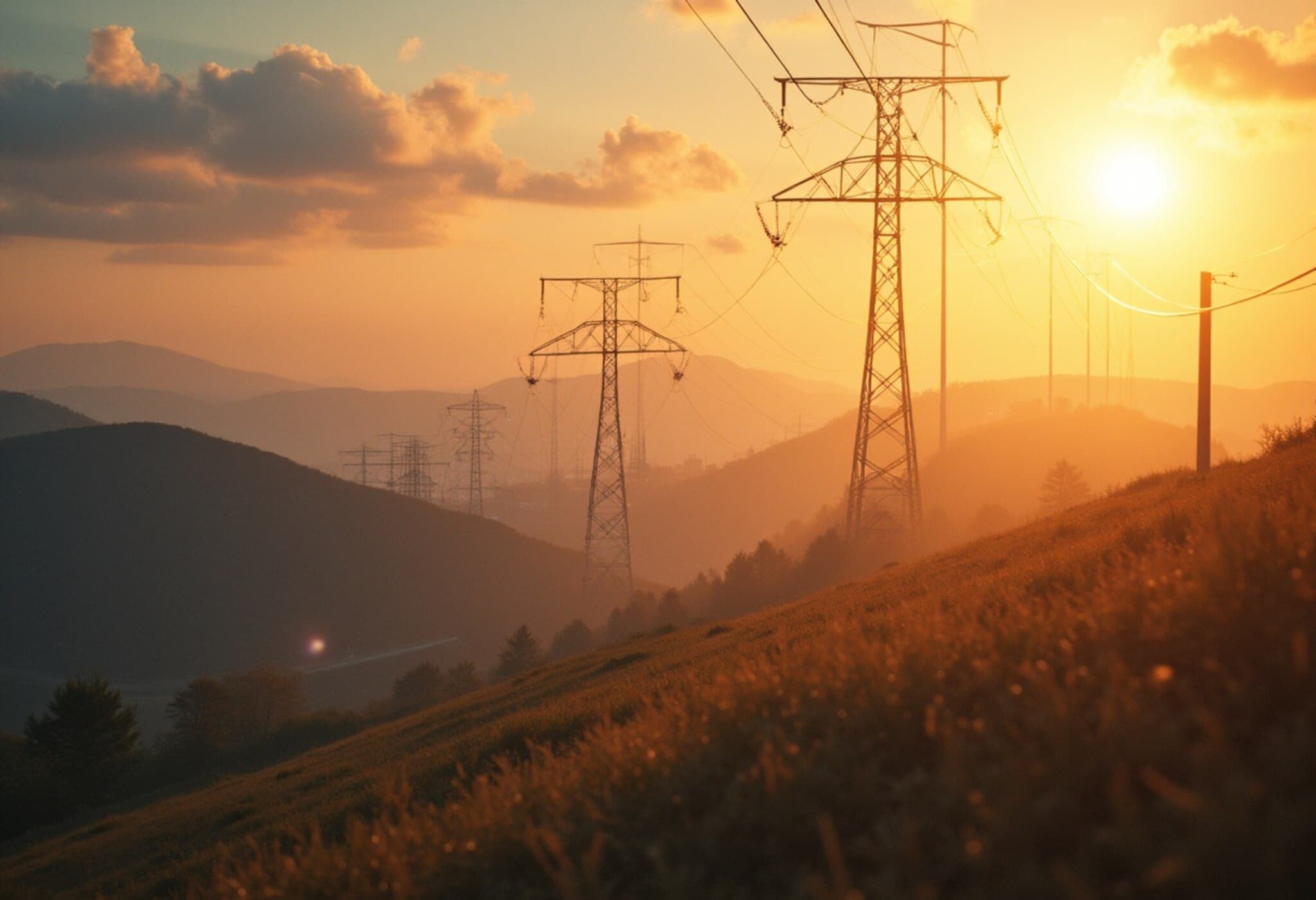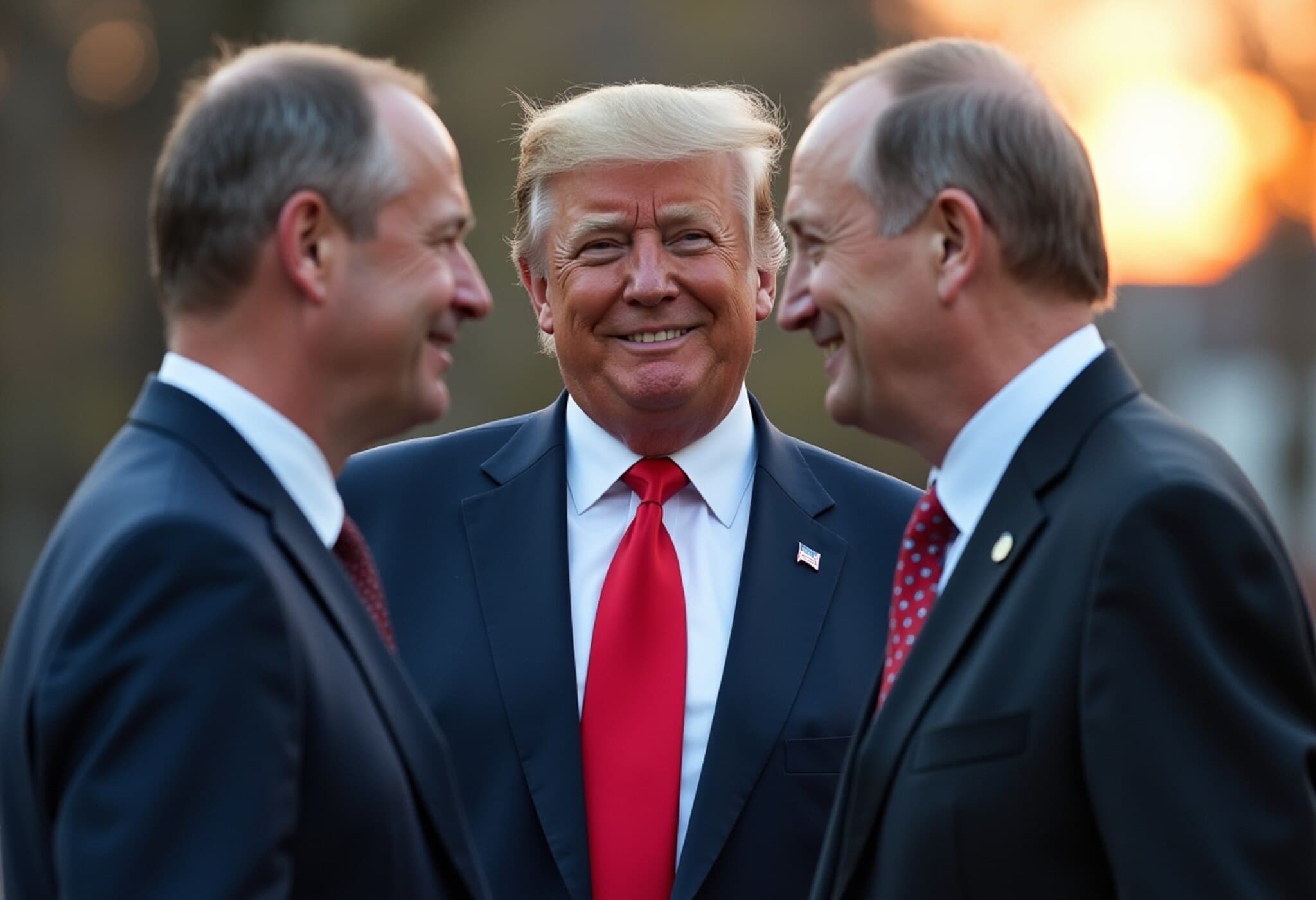From Reformist Leader to Kremlin’s Hawk: The Rising Profile of Dmitry Medvedev
Dmitry Medvedev, once known as Russia’s modernizing president with a technocratic background, has dramatically transformed into one of the Kremlin’s most strident and provocative voices. His recent fiery rhetoric, especially involving nuclear threats, has stirred significant concern in global capitals and triggered unprecedented responses from the United States.
Medvedev’s Recent Nuclear Threats Spark U.S. Military Maneuvers
In a startling development this week, Medvedev’s warnings have pushed the U.S. President to reposition two nuclear submarines to undisclosed locations. Citing "highly provocative statements" from Medvedev, President Trump said, according to The Moscow Times, "I have ordered two nuclear submarines to be positioned in the appropriate regions, just in case these foolish and inflammatory statements are more than just that." This rare escalation underscores the volatility of international relations amid the Ukraine conflict.
Medvedev’s Telegram posts have invoked Cold War-era nuclear systems, such as Russia’s “Dead Hand” — an automated retaliatory nuclear strike mechanism — even comparing the situation to scenes from the popular post-apocalyptic TV series The Walking Dead. This fusion of pop culture with ominous military warnings amplifies the tension surrounding Russia’s nuclear posture.
Contextualizing the Escalation: Ukraine and Beyond
These statements come on the heels of renewed U.S. sanctions and an uncompromising demand for a ceasefire in Ukraine — a call largely rebuffed by the Kremlin. Medvedev has accused the West, particularly Washington, of dragging the world’s two preeminent nuclear powers into potential conflict.
Last June’s rhetoric was similarly charged, when Medvedev hinted that several nations might supply Iran with nuclear warheads following U.S. airstrikes on nuclear-linked Iranian sites. This nuclear brinkmanship did not go unnoticed: President Trump publicly criticized such tactics as reckless provocations, heightening the nuclear anxiety on the global stage.
Tracing Medvedev’s Transformation: From Liberal Technocrat to Kremlin’s Hardliner
Medvedev’s trajectory from a promising liberal president to a hardline Kremlin loyalist is striking. Unlike many Russian leaders, he never had a KGB background; instead, he trained as a lawyer. His 2008–2012 presidency was widely interpreted as a caretaking role for Vladimir Putin — a view confirmed by Medvedev himself, who dismissed labels of liberalism: "I have never had liberal convictions." Yet during his presidency, he advocated for cooperation between Russia and the U.S., stating that joint leadership was vital to solving global challenges.
Since being demoted first to prime minister and later to deputy chair of Russia’s Security Council, Medvedev has adopted an increasingly confrontational tone, often amplified on social media. His language has devolved into vitriolic insults — dismissing Ukrainian leaders as "cockroaches breeding in a jar," deriding Western politicians as "bastards and degenerates," and mocking the political scenes in the U.S. and Ukraine alike.
Earlier this year, he even likened President Trump and Ukraine’s Volodymyr Zelensky to puppets in a grotesque caricature, calling for the "destruction of the Kyiv neo-Nazi regime," illustrating the dangerous propaganda shaping Russia’s war narrative.
Expert Perspectives: Drama or Danger?
However, not all analysts are convinced that Medvedev’s fiery rhetoric will translate into concrete action. Anatol Lieven, a senior fellow at the Quincy Institute for Responsible Statecraft, described the latest exchange between Medvedev and Trump as "pure theatrics." Having restrained from any nuclear use in the last three years amid the Ukraine war, Lieven suggests Russia is unlikely to risk nuclear engagement now, despite the public saber-rattling.
Broader Implications for U.S.-Russia Relations and Global Security
This recent flare-up highlights the precariousness of nuclear diplomacy and the dangers of rhetoric-driven escalations. Medvedev’s evolution reflects the Kremlin’s hardening stance amid protracted geopolitical conflict — raising critical questions about the pathways to de-escalation.
- The legality and risks: The use or threat of nuclear weapons throws the international legal order into tension with realpolitik calculations.
- The psychological battleground: The emotive nature of Medvedev’s rhetoric attempts to intimidate but may also deepen mistrust and miscalculation.
- U.S. response strategy: Deploying nuclear submarines signals preparedness but also risks amplifying global anxiety and potential escalation.
As the world watches closely, the question remains: How do global leaders navigate this fraught landscape where words increasingly carry the weight of weapons?
Editor’s Note
Dmitry Medvedev’s transformation from an ostensibly moderate reformer to a vocal hawk reveals not just the Kremlin’s internal dynamics but underscores how individual figures can shape the tenor of international crises. While his nuclear threats provoke headlines and alarm, expert analysts caution against reading too much into the rhetoric as literal policy intent. Still, these developments serve as a stark reminder of how nuclear diplomacy remains perilously tethered to national pride, political posturing, and unpredictable human emotions. For policymakers and citizens alike, the task is to remain vigilant, informed, and committed to dialogue that defuses tension before words lead to irreversible consequences.

